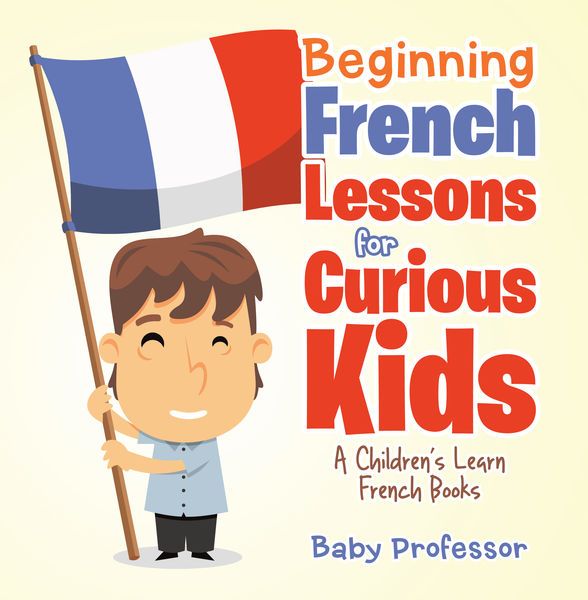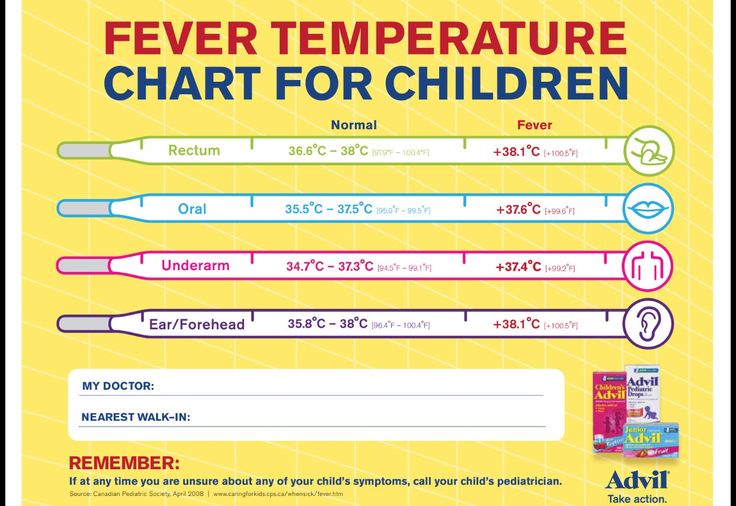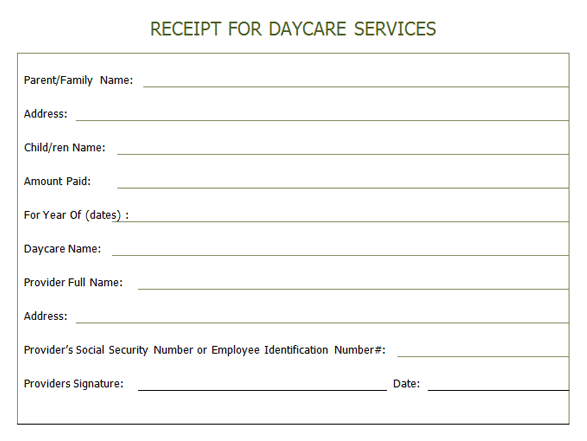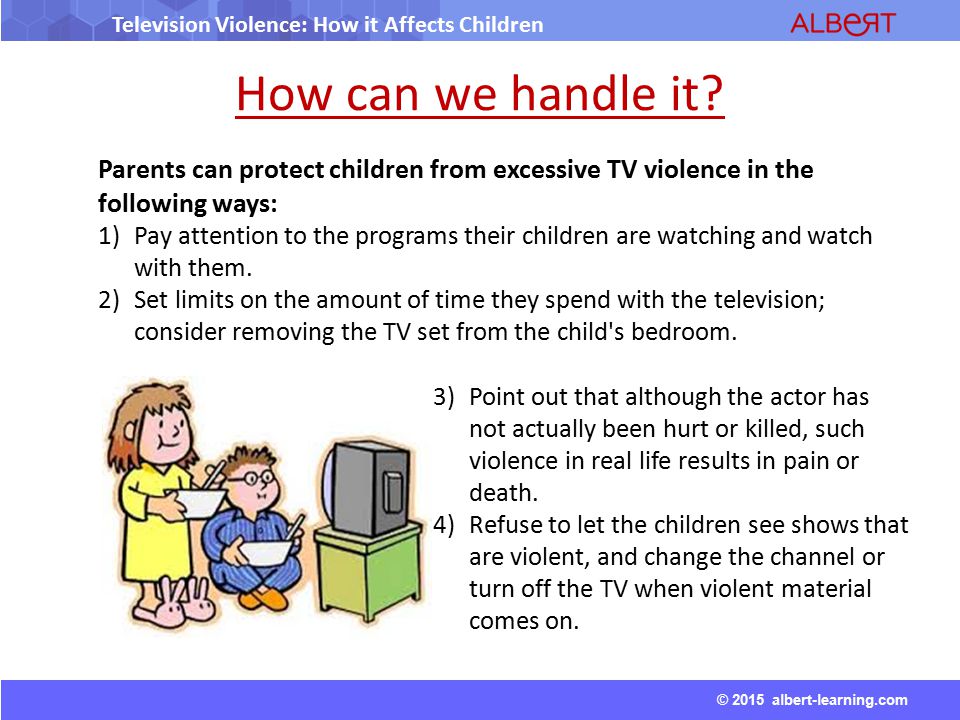How to teach a child french
French For Kids: How to Teach Your Kids French
Wondering how to teach your kids French at home? Or maybe learn French along with your child? Sounds like a great plan and I’m here to help!
Whether you want your child to reconnect with French roots or simply to raise him/her as bilingual, this article will help you reach that goal.
Check out these French for kids resources and learning strategies!
Before anything else, let’s talk about the reasons why your child should learn French and why it’s a good idea to share the experience with them.Before anything else, let’s talk about the reasons why your child should learn French and why it’s a good idea to share the experience with them.
I. Why should you teach your kids French?
There are a lot of benefits to being bilingual, but here are some of the specific reasons that make a good case for teaching French to your kid.
- Children’s minds are more receptive to learning new language so it will be easier for them to learn French while they’re still young.
- It will help them appreciate culture and connect to their cultural background. Some parents who are partly French might want their kids to get in touch with their roots---learning French is a great way to do that. But even if you do not have any French blood in you, it would still be a good way for your kids to be exposed to French culture.
- It’s a perfect chance to bond with your child. Whether you already know how to speak French or you’re planning to learn together with your kid, the time spent learning together is a priceless bonding activity.
- It will build their emotional intelligence. Studies show that bilingual children have more empathy and higher EQ!
- Bilingual kids could relate more to a wider group of people. Being able to communicate with a larger group of people will help broaden their relationships and experiences.
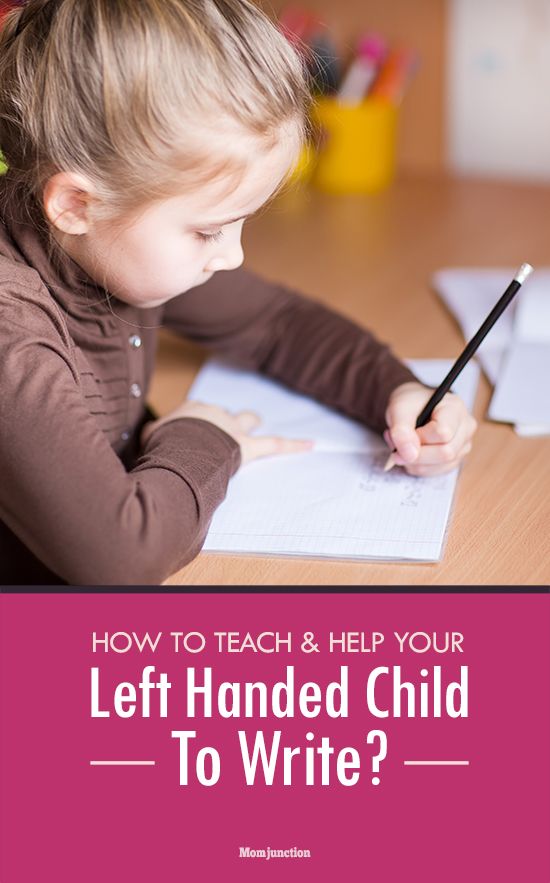
- A second language boosts a child’s self confidence. No explanation needed there!
- It broadens opportunities for your child, gives him a competitive advantage in school, and sets him/her up for career success. Now who doesn’t want that?
- It increases your child’s cognitive abilities.
- .SO much more!
See more reasons here.
Now that we have listed some of the benefits, let’s get down to business and see how you can accomplish this project for you and your kid(s)!
II. How to Teach Your Kids French
If you're thinking how difficult it must be to teach your kids French, don't worry. The key is to make it as fun as possible not just for your child, but for you as well.
Here are some ways you can do that.
1.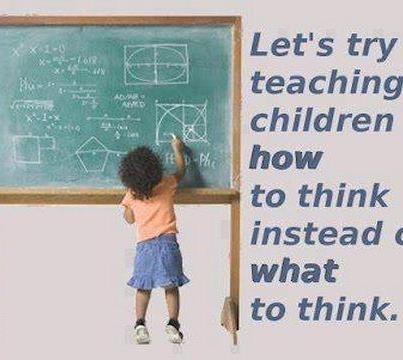 Start with the alphabet and numbers.
Start with the alphabet and numbers. For learning the very basics, you can try some fun activities such as:
A. Sing along to the
French ABC song.B. Play ABC Bingo.
To do it, prepare a card with 16 squares. Each square would have a different letter. Pick out a letter from an envelope and the child would cross all the mentioned letters from his card.
C. Devise some fun counting games that you could play:
Count the number of items in the house (how many chairs/ pillows/ toys/ windows, etc.), play Price is Right with your child (think of a number and ask him/her to guess!)
2. Introduce simple vocabulary and make it fun!Start with fun vocabulary that your kids would enjoy such as shapes, animals, colors, common objects, parts of the house, fruits and veggies.
You can also:
- Label simple objects around the house with French words.

- Draw shapes together and learn the French words for each.
- Work on a coloring book together and use the French words for the names of colors.
- Color-code objects around the house to indicate their noun genders (blue or green for masculine words and pink or yellow for feminine words).
- Use flashcard apps on iOS or Android such as French Baby Flash Cards.
- Make your own flashcards using the complete French vocabulary e-book below.
Music is a great way to have fun while learning a new language. Teach your kids some French nursery rhymes and sing along with them to the tunes! Here’s a playlist you can use (+ use your device as a karaoke!)
70 French Songs for Children - Playlist
4. Two words: MOVIE NIGHT!Cozy up on the couch with the entire family and watch French movies that are great for children.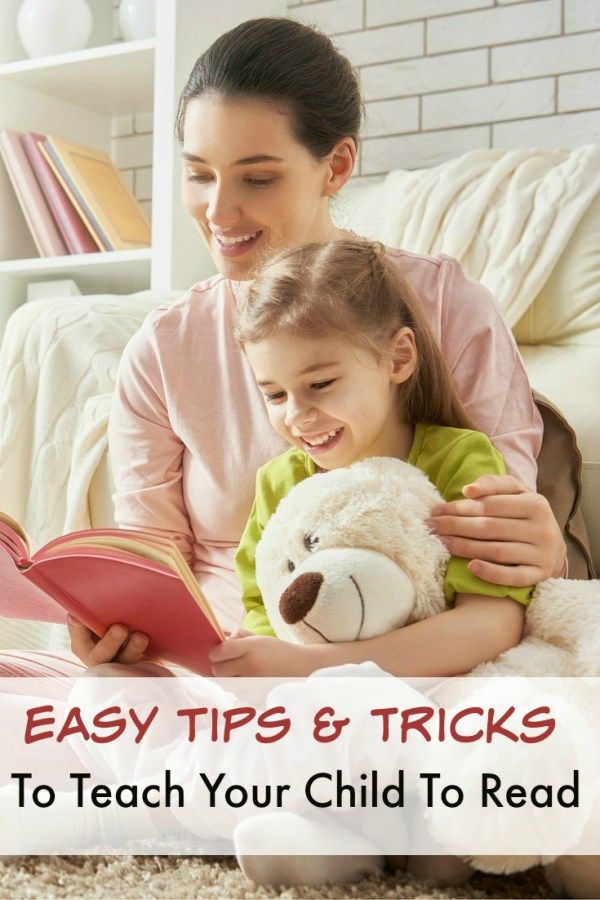 Here is a list of recommendations:
Here is a list of recommendations:
10 Child-Friendly French Movies + Where to Watch Them Online
5. Comics are a good idea!
Introduce your kids to Asterix and Obelix, Tintin, The Smurfs, and more!
15 Great Comics to Learn French
6. Watch French cartoons.
There are plenty of sites that offer French cartoons such as Bandgee.com and Tou.tv Jeunesse.
7. Try out some games from good online sites.
Websites like Duolingo and Hello-World French Children’s Activities are really great for your kids, too!
8. Use different types of learning materials that the kids would enjoy.
Here at Talk in French, I have prepared a bunch of materials that would be great for your kids. The following e-books with audio would surely help:
a. French Storybook with AudioThis bilingual picture storybook is great for young children.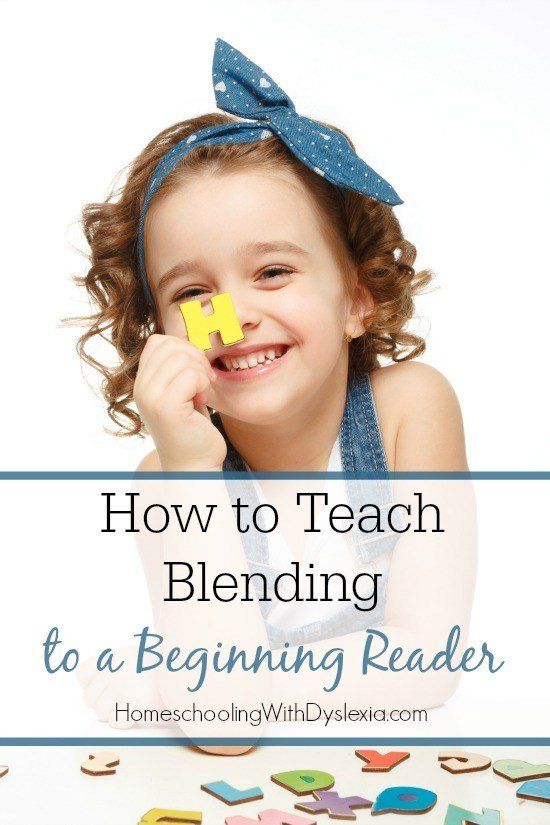 Full of visuals that your kids would love, the story, “Where’s My Ball?” features vocabulary to help kids learn basic words like shapes, sizes, colors, as well as how to introduce themselves---in both English and French.
Full of visuals that your kids would love, the story, “Where’s My Ball?” features vocabulary to help kids learn basic words like shapes, sizes, colors, as well as how to introduce themselves---in both English and French.
Each e-book in this 3-volume comes with 10 short stories that are great for children and are written in parallel text in both French and English. Perfect not just for bedtime but for any time of the day.The best part? It comes with audio recorded in both French and English. You and your child can listen to this together at bedtime!
c. French Fairy talesRead and listen to 10 fairy tales you know and love--written and recorded in both French and English!
III. Conclusion
There are a lot of benefits that your child could get from learning French. Aside from begin a good bonding activity with your children, learning French will promote their cognitive development, boost their emotional and relational skills, among many others.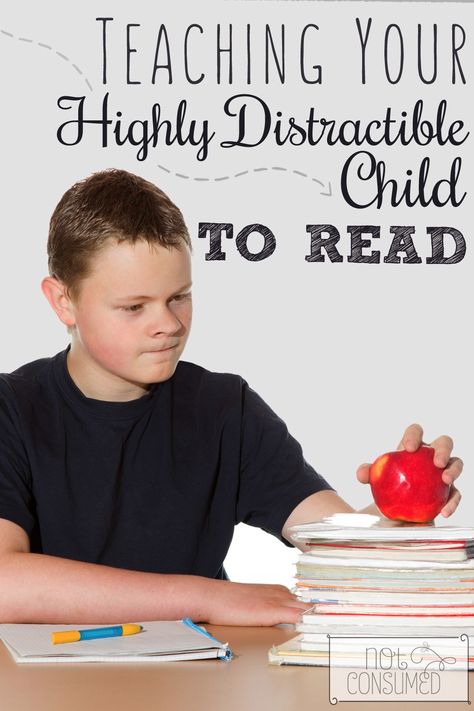
Talk in French can help you teach your children French at home. With the number of available contents in the website as well as some good e-books with audio, you will soon be on the way to having bilingual kids. Good luck and enjoy!
Teaching French To Kids | Tips & Resources
We successfully raised our kid French English bilingual. Would like to teach French to your toddler, your kid, you teen? What’s the best method? What about resources? Tip #1: keep it fun!
We successfully raised our kid French English bilingual. Would like to teach French to your toddler, your kid, you teen? What’s the best method? What about resources? Tip #1: keep it fun!
First, let’s see how to teach French to different age groups.
Teaching French to Toddlers 👶
Teaching French To Kids 🧒
Teaching French To Teens 👧
How We Raised a French English Bilingual Child
Teaching French to Toddlers 👶
Young children need both supervision and interaction.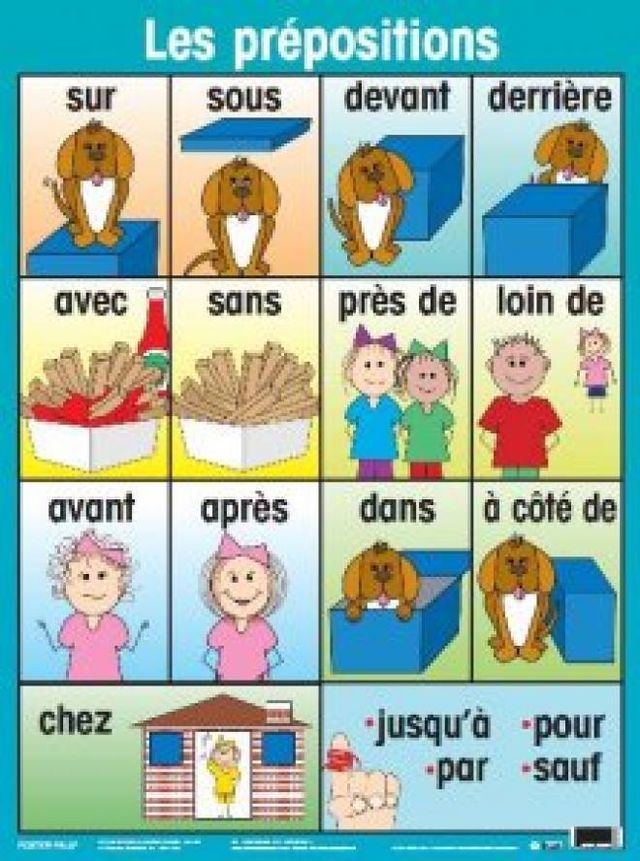
So, a parent or sitter needs to get involved with the French book, the DVD, the French App or whatever medium you choose to teach French to your toddler.
Teaching French to toddlers – Tips
The first thing is to get him/her interested. Sit down with your toddler while you listen to a Fairy Tale in French and use simple sentences like:
- “Le loup arrive” (the wolf comes)
- Get up and dance, and repeat: “Le loup! Le loup!”.
Even if you don’t speak French, pick a word and repeat it. Chances are you’ll learn a couple of things yourself! But your toddler will pick up much more than you do, because at a young age, they are just geniuses in guessing and learning languages from the context: this is how they learn English!
Make sure you exaggerate the sounds and the shape of your lips, speak “Motherese”, that’s how toddler learn any language, including French of course. If you are not sure, you may want to study French pronunciation.
Sing along with kid songs (you can find French songs + lyrics on YouTube) Your toddler will love this special time and will definitely develop an ear for the language – and associate it with a special bonding time with you.
Develop your child’s interest in French
At a young age, the key is to help your child develop an ear and an interest for the French language, not to transform them into the next Voltaire or Sartre.
Children at a young age want to show you they understand, and live to please you.
If you can show them how happy it makes you when they speak French, it will be the best incentive!
Teaching French to toddlers – resources
At 3 years of age, my daughter had lived all her life in Boston, USA. She spoke English from 9 AM to 5 PM at daycare, then French at home.
She loved listening to my Fun for All French Tales adaptations and recordings; she seemed mesmerized by my voice and the lively rendition of the tale, and listened to the same tale over and over — for weeks.
Classic French Tales
Eight classic tales read in simple French and translated. Great for the whole family.
(72 Reviews)
More Details & Audio Samples
Then, when I was telling her the story, she would fill in entire sentences that she had memorized.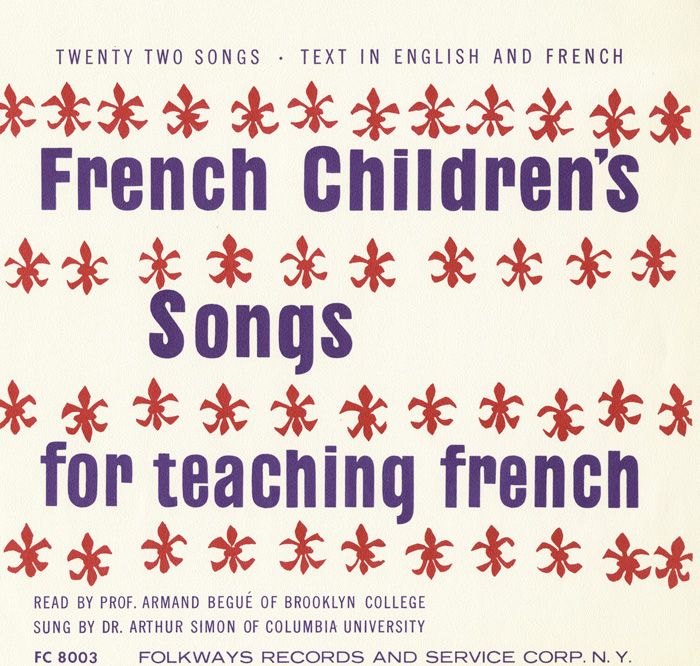 Just like when a child “pretends” he can read because he has memorized the lines of his favorite books.
Just like when a child “pretends” he can read because he has memorized the lines of his favorite books.
It was cute at the time, but I didn’t read too much into it.
When we moved back to France the following year, I was quite nervous about Leyla integrating a full-time French preschool (her English seemed so much better than her French at that time).
To my big surprise, the teacher told me Leyla was one of the most advanced kids in her class in French. Although technically, English was her first language, she had a lot of vocabulary in French at a young age, and used vous really well, as well as complex tenses such as the French subjunctive.
I know this comes from hearing and memorising my Classic French fairy tales audiobook.
Of course, for toddlers, I would also suggest you get image books in French (search on Amazon, there are many).
Now let’s see how to teach French to a child.
Teaching French To Kids 🧒
Although many parents’ first reaction is to hire the help of a French tutor, one hour weekly exposure to a tutor is unlikely to do much for a young kid. It may help motivate him/her, or help with his/her French pronunciation.
It may help motivate him/her, or help with his/her French pronunciation.
Kids learn by repetition — constant repetition — and learning French is not different.
The best solution would be to hire a French nanny to speak with him/her all day, or move to France — but this is not an option for most of us!!
And what about the ever so sought after French playgroup? I never found one myself, so good luck with that…
So, in the end, the best tutor for your kid will have to be you.
How can my child learn French if I don’t speak it myself?
If you do not speak any French, then start by taking a couple of hours of lessons for yourself.
Learn things like colors, animals, basic counting, politeness, and the pronunciation for a small, easy children books. You can now easily find teachers in your area or even over Skype / Zoom /Whatsapp – read about the French teachers via zoom I recommend. Nicolas in particular has a lot of experience teaching kids and teens.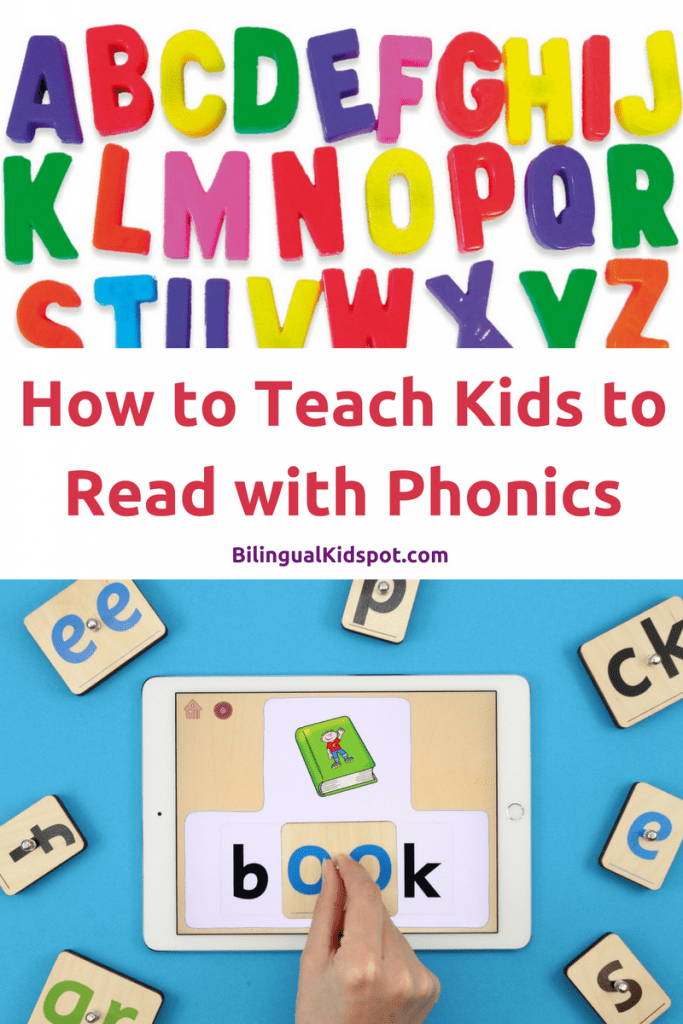
A couple of things you need to make sure when choosing a French tutor: make sure he/she is a French native since a proper French accent is essential here.
You will also find many free resources online, but again make sure you only pick the ones with matching audio recordings so you can learn the proper French pronunciation.
Teaching the basic French skills to a young child
Once you have the basic pronunciation and vocabulary down, then start doing repetitions with your kid.
For example:
- Use French numbers whenever counting anything like climbing stairs,
- Use French politeness at home (is there anything cuter than a English speaking child saying “Merci”?),
- Use French color names when drawing, etc…
French Greetings & Politeness
Master French politeness without hesitation and avoid embarrassing faux-pas.
(15 Reviews)
More Details & Audio Samples
Keep learning French fun
Both of you need to have fun.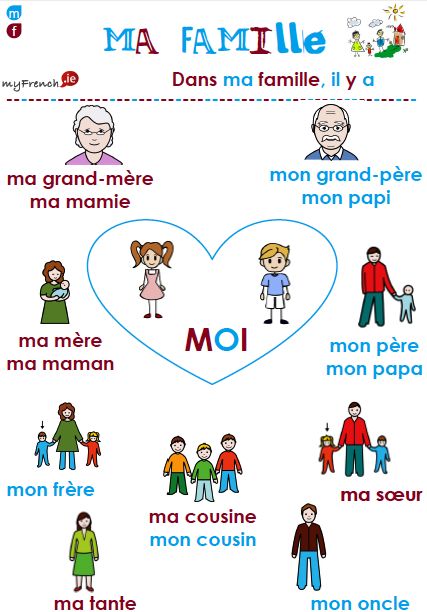
So make sure you pick a time when he/she is not tired, and send a lot of positive energy: laugh, cry out of joy when she/he utters a French sound, so your kid associates French to a good time, and you too have fun in the process.
Find the right French resource
There are plenty of good tools to help your kid learn French:
- French CDs,
- French children books and bedtime stories,
- French fairy tales
- DVDs with French audio: finding kid DVDs in French is not that easy: the Caillou series has French tracks, so do many of the Disney & Dreamworks movies – not all of them do though.
- French softwares and apps developed specially for kids.
I don’t do “affiliates” meaning I will not accept to get paid to recommend a product to you (that’s how most website make money…). I suggest you look on Google, or YouTube: it’s all there at your fingertips, and many good quality things for kids are free nowadays.
With kids nowadays being born with an iPad in their hands (or so it seems) there are of course many French learning apps for kids. As usual, better check it out for yourself and check the customer rankings before you buy anything.
If you are buying some sort of word + image game, make sure the French word includes the French article (un/une – le la)… The article shows the gender, and you need to memorize it with the French nouns:
- une table (table is feminine in French)
- un livre (book is masculine)
Should there be no gender indication, you’d be missing on half of the info…
Pick something interesting for his/her age, and something you will enjoy hearing over and over as well – remember kids learn by repetition!
Teaching French To Teens 👧
Maybe your teen’s school offers French. And that’s a start. However, if you really want your French teen to learn French, the school curriculum is unlikely to be enough.
And that’s a start. However, if you really want your French teen to learn French, the school curriculum is unlikely to be enough.
I will let you read my article about modern spoken French to understand the difference between “real” French and the typical French curriculum.
Learning French has to be your teen idea
I already talked about this in the French for kids section, but the same exact thing applies to French for teens. You teen has to be motivated to learn French: promise a trip, a French language immersion at a French teacher’s house…
If you don’t have any French speaking friends or family, and don’t go regularly to a French speaking country, unless the idea comes from him/her, it’s going to be hard to motivate him/her.
A great way to motivate a teen is to hire a friendly and encouraging tutor: read about the French teachers via zoom I recommend. Nicolas in particular has a lot of experience teaching kids and teens.
Set your teen video game to French
Your teen probably plays some video games.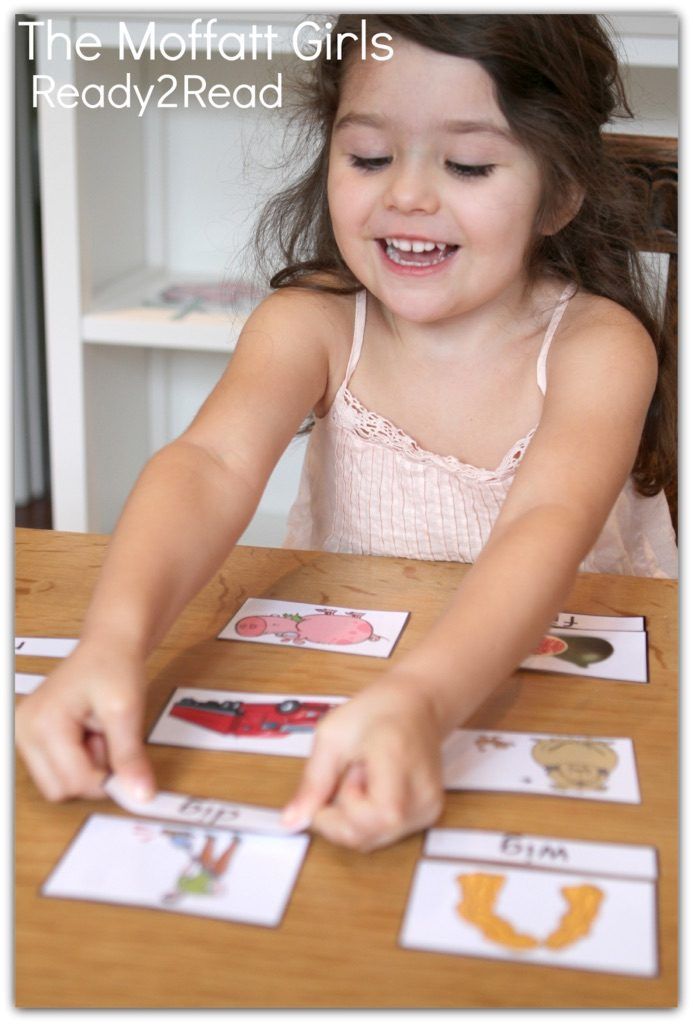 You may be able to switch the language to French (many popular games offer this option in the settings such as the Sims or Minecraft).
You may be able to switch the language to French (many popular games offer this option in the settings such as the Sims or Minecraft).
I wouldn’t start the game on the French language unless your teen is bilingual or already knows how to play, because s/he may not understand the cues at first.
However, once your child is familiar with the game, setting it to French is a good way for your kid to learn new French vocabulary.
Find an audiobook that teach really useful French
For older teens, the best way to learn French is within the context of a story: check out my downloadable French audiobooks. French Today’s bilingual novels are recorded at different speeds and enunciation, and focus on today’s modern glided pronunciation.
They are perfectly suitable for teens – I’ve recently used À Moi Paris L1 to teach a 14 years old American boy and he loved it.
À Moi Paris Audiobook Method
A new approach to learning both traditional and modern French logically structured for English speakers.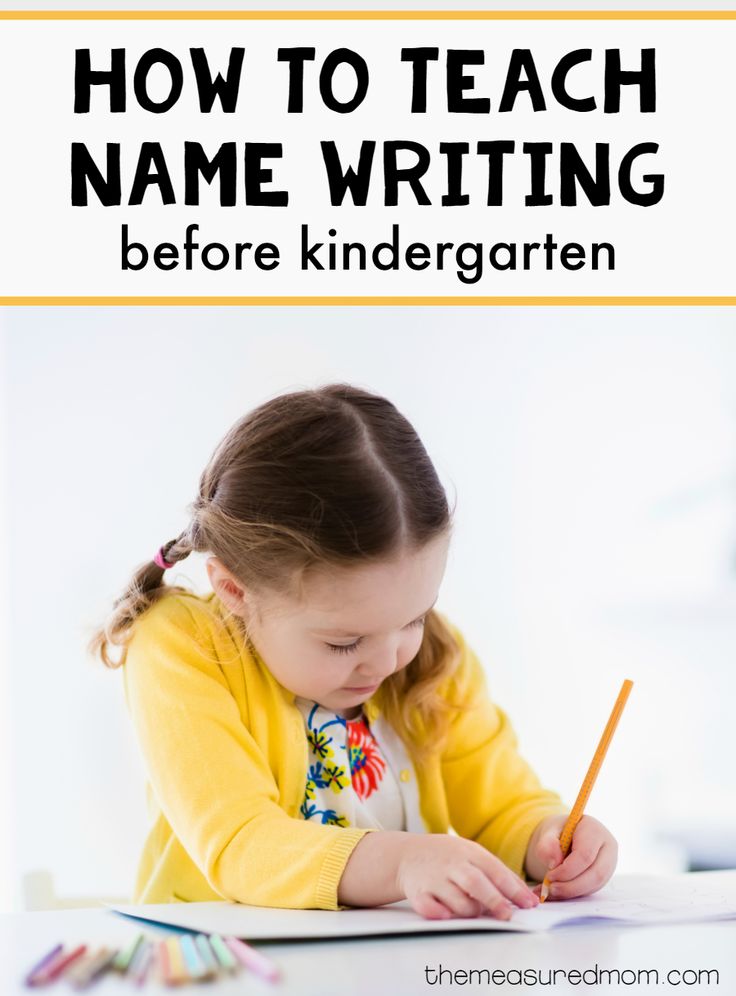
(728 Reviews)
More Details & Audio Samples
Carson said the audio gave him reflexes in French: he heard my voice in his head. He also liked the fact that the story featured vocabulary he could actually use, real life like situations.
Finally, he said that unlike his French school book, there was a lot of repetition and the grammar was explained really clearly in terms he understood. The story difficulty was progressive, so he didn’t feel he had to memorize too much at once.
YouTube – An endless and free Resource
Leyla loves watching gamers play video games on YouTube. But native gamers usually speak too fast for kids learning French.
So, we both did videos for French students.
Leyla has done a few videos using Minecraft to teach French to beginners
I created videos to teach French with the Sims
And I also did a series of videos with Minecraft in French. Follow the link to the individual episodes. Here is the playlist.
Follow the link to the individual episodes. Here is the playlist.
And now, I’d like to share with you my very own story of how we raised our daughter to be French English bilingual.
How We Raised a French English Bilingual Child
No doubt
To us, whether Leyla was going to be bilingual was never a question. It was a certainty.
My husband Olivier and I are both French. Growing up, Olivier traveled a lot around the world and actually attended international American schools, so he is much more like a first-generation American. His English is excellent. He read the popular books, followed the pop-culture. He has no accent when he speaks English.
That’s not my case. I learned English in school, but when I moved to the US, my English was conversant enough to get by, but far from fluent. I still have a strong French accent when I speak English.
I still have a strong French accent when I speak English.
Olivier and I met in the US as Olivier was studying there. Not the best idea visa wise – but that’s another story entirely… In any case, we fell in love, managed to stay, ended up getting married, getting a green card. We eventually became US citizens around the time Leyla was born.
Long detour to answer a simple question: would I ever have considered speaking another language than French, my mother tongue, to my child at home?
No, I would never have.
Yet I did.
Bilingual – twice!
Think raising a French English bilingual child would be hard enough? Well, in our case, we had to face the challenge twice!
First, in the US, we wanted Leyla to be bilingual in English and French in an English environment, and a French-speaking home. Challenging, but common enough.
Then we moved back to France when Leyla was 4. And then we hoped for her to remain bilingual in English, as she now entirely lived in a French-speaking environment. Challenge accepted!
Challenge accepted!
Determination & legitimacy
Which brings us to my next point. Should you wish to raise your child bilingual, you better be determinate. You’re going to need it.
I didn’t think it was going to be such a challenge. Olivier and I spoke French at home, so we were going to speak French to our kid as well, and she’d pick it up.
French is my language. I’m her mother. French would be her mother tongue. Right?
Yes, on the paper it is. But the reality is different. We still lived in the US, in an English speaking environment. And that was indeed the reality of Leyla’s world.
I didn’t raise Leyla entirely at home. Actually, she started going to a nanny full time when she was 4 months old. And then came day-care, school etc…
So even though we spoke French at home, most of Leyla’s day was spent in an English speaking environment.
It’s something that would impact her language learning so much: actually, it’s a common mistake among people who think learning French as you live in France is going to be easy.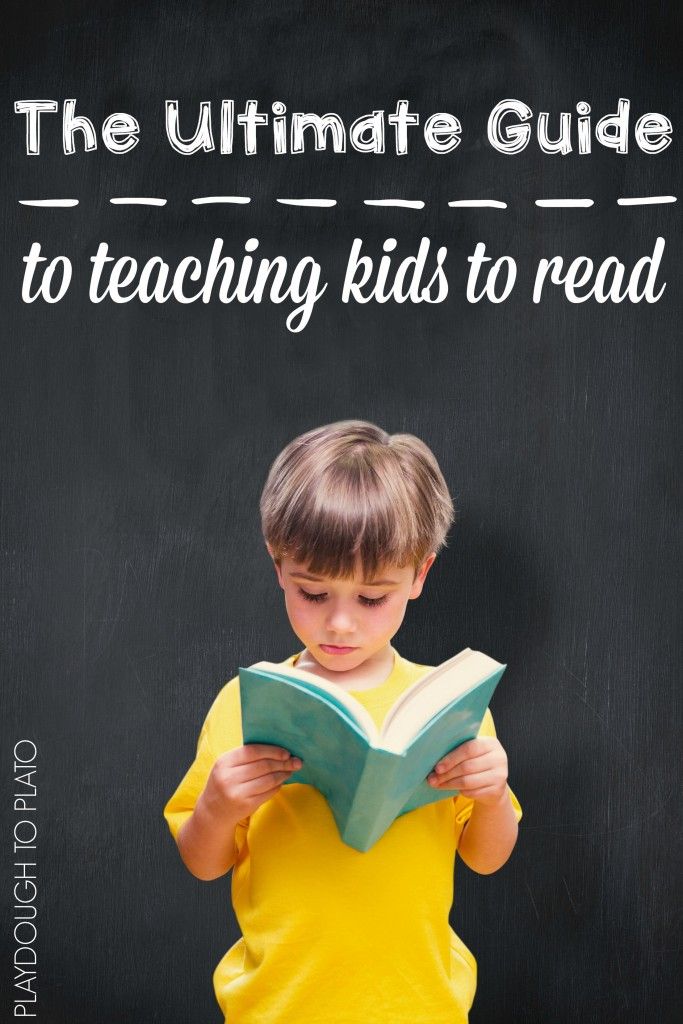 .. It all depends on your real environment, and if your spouse, work, friends are all English speaking, believe me, it’s not going to be that easy! But I digress…
.. It all depends on your real environment, and if your spouse, work, friends are all English speaking, believe me, it’s not going to be that easy! But I digress…
I know she would understand French. But it was the speaking part that was problematic. Since Leyla’s main language of communication in her daily life was English, and Olivier and I also spoke English fluently, why should she even bother with French?
One day, when Leyla was three, she asked me: “Mom, why do I have to speak French at home?”
That day will come, and you better prepare for it and have an answer.
I did. I got close to her and said: “Why do you ask?”
She said: “it’s so much harder than English!”.
First, I agreed with her and admitted it was a challenge sometimes to speak French at home, but then I said in a soft voice: “but I’ll tell you the whole truth: I wouldn’t, I couldn’t have it any other way.
You see, for me, French is the language of my family: it’s the language I use with my Mom, my Dad, your Dad and you.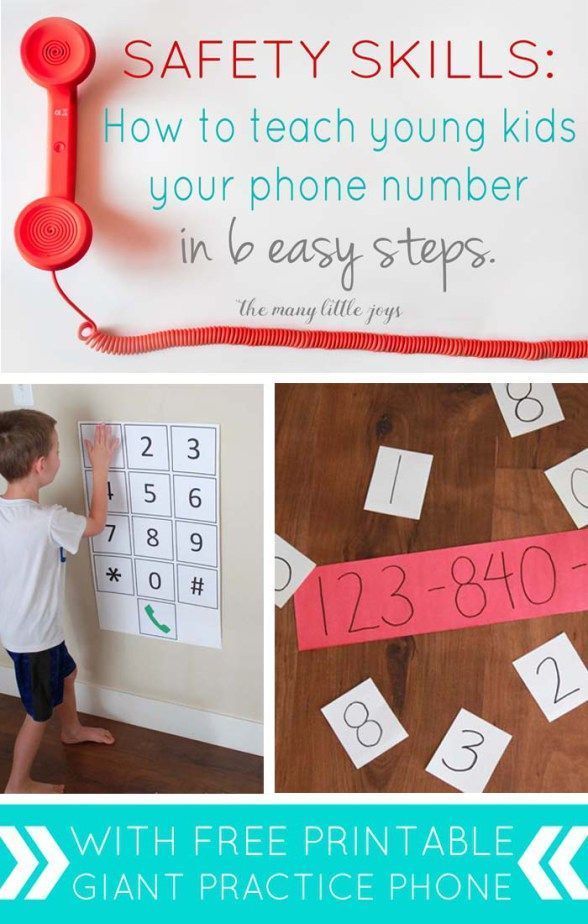
For me, it’s the language of love”.
Awwwww.
It worked. Not only did it move her, but my argument did make sense. I was not in the “because I said so” situation, but I had a much stronger reason: I was legitimate.
Kids respond to that. They also want to please you, so she understood it was something very important to me, something that was linked to the feeling of family for me, and that would make us two even closer.
A willing French bilingual kid
But now, everything was about to change.
It was 2009, Leyla had just turned four and the three of us had moved (back) to France over Christmas time. Leyla was going to a French preschool.
Adjusting to the language was OK actually, but adjusting to the French preschool system proved quite a challenge!
Leyla was now totally immersed in a French environment: both parents being French, living in France close to our French-speaking family, going to a French preschool…
So, what did we do to maintain – and even develop – her English?
We switched the only thing we could control: the home environment. We started speaking English at home.
We started speaking English at home.
At this point, we had a huge ally: TV. Leyla is a big TV fan. And when we moved to France, the ultimate rule of the house was that TV was to be exclusively in English. And it still is to this day.
Finally, we decided Leyla would for an extended immersion stay each year in the US. That would take care of the motivation to speak and boost her learning.
We first went visit friends as a family, then Leyla went solo starting when she was 9 and has been going ever since to who she calls her adopted American family.
But at this point, I have to admit we were lucky. I do believe to raise a bilingual child in a language that is not the parents’ main tongue requires a huge commitment from the kid: in other words, your kid has to be willing. And Leyla was.
At 4, the fact that she was bilingual was already a big part of her identity. And I think she was happy to keep this part of her alive, both the English language and the fact of being a bilingual girl even in France.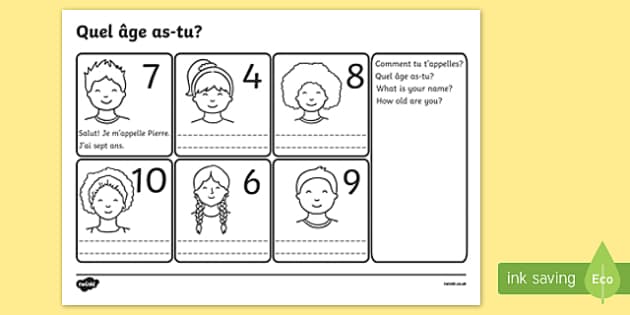
Making being bilingual special
Leyla didn’t speak exclusively French to us back in the US. She was flexible and would speak English with us if we were entertaining English speaking friends for example, or at the store.
It’s actually something most bilingual children cannot do: their brain usually associates a person with a language and sticks to it. But for some reason, it was never a problem for Leyla, and it still isn’t: she can switch from French to English mid-sentence with us, and make the effort to speak French with an American friend for example.
She always enjoyed being able to speak in a “secret language”, as we did back in Boston when we spoke French in the stores. I also showed off a little, so she could notice I was proud. And people were noticing and sending super positive energy: well, imagine how cute a French-speaking toddler is by American standards!
Later in France, her English teachers also helped a lot by making her their “little assistant”.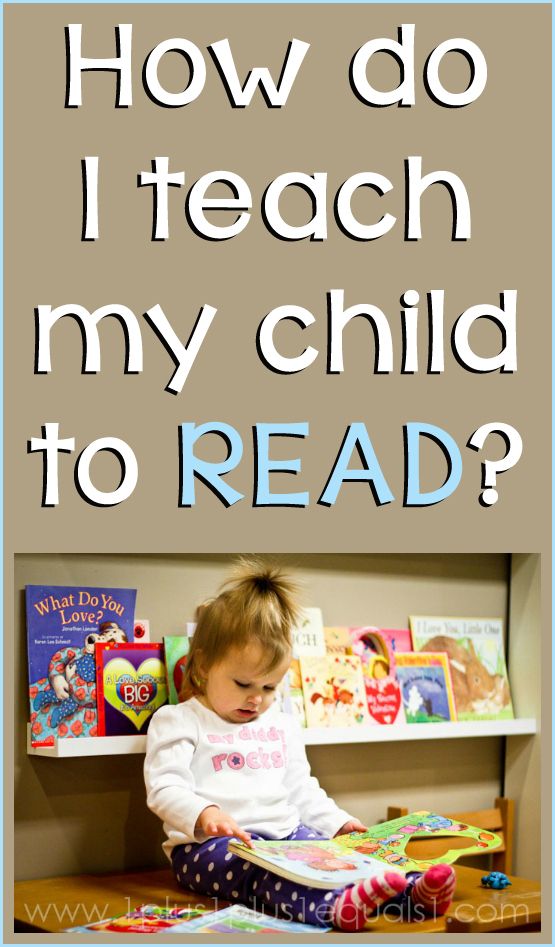 Here again, everybody was telling her how great it was she was bilingual, how lucky she was, how useful it will be in the future…
Here again, everybody was telling her how great it was she was bilingual, how lucky she was, how useful it will be in the future…
So Leyla always associated being bilingual to something all positive: it made her stand out; we were lucky that other people were curious and positive about it; she could share secrets in public thanks to our secret language… it was all very practical.
Harvesting your kid’s language instinct
Kids have an instinct to communicate: one could say it’s in their genes: it’s a matter of survival for them.
But often, articulating words is the main problem a child would face at a young age. For Leyla who was raised bilingual, articulation of languages was definitely an issue and as many bilingual kids, she was a bit late to speak.
So, we started her on sign language. Milk. Sleep. Give. Play. Hurt. Dog. Hear, Watch. Thank you. I love you.
It’s amazing the power of communication.
We didn’t go very far because we didn’t want to put the effort into learning sign language ourselves, but we knew about 10-15 words, and it was amazing how much communication these few words unlocked.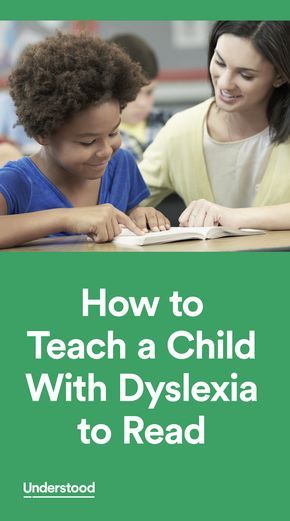
I am also sure signing played a huge role in Leyla’s openness to languages. She realized at an early age that people could communicate, even with her, successfully, and success is the best motivation.
Leyla is now 15. She is really bilingual in French and English and also studies German and Spanish in school. When she introduces herself, she says she is both French and American (she does have the double nationality). It’s essential to how she sees herself.
So, yes, we were lucky. We were determined and legitimate as well. And then we stuck to fundamental rules, found tools that were simple and right for us, and it worked. Twice!
If you manage to put all this together, no matter where you live, I’m sure you’ll have a good chance at raising your child bilingual as well.
If you too raised a bilingual child, or have questions, please do engage in the comment section below – I’d love to read what you think.
9 tips for parents from a French teacher
Modern parents increasingly believe that English alone is no longer enough for a child, it is necessary to learn a second language. For example, French. How to motivate a child to master the language of Hugo, how to maintain his interest in classes? Advice for parents is given by Damien Remy, a graduate of the University of Nantes, a French teacher originally from the city of Angers.
For example, French. How to motivate a child to master the language of Hugo, how to maintain his interest in classes? Advice for parents is given by Damien Remy, a graduate of the University of Nantes, a French teacher originally from the city of Angers.
Damien Remy, French teacher at P'titCREF 9 private trilingual kindergarten0003
Open French culture to your child
I noticed that here in Russia children learn English because they need . But French is a different matter. Perhaps mom and dad have never been to Paris or Nice, they have neither family nor business ties there, but they just like the language, they love French cinema, music and want the child to get acquainted with this.
Whatever language your children start learning, I recommend parents to focus on this: when you study French, German, Chinese, you discover another world and become richer from it.
But do not think that it is the parents who choose which language to study for their child.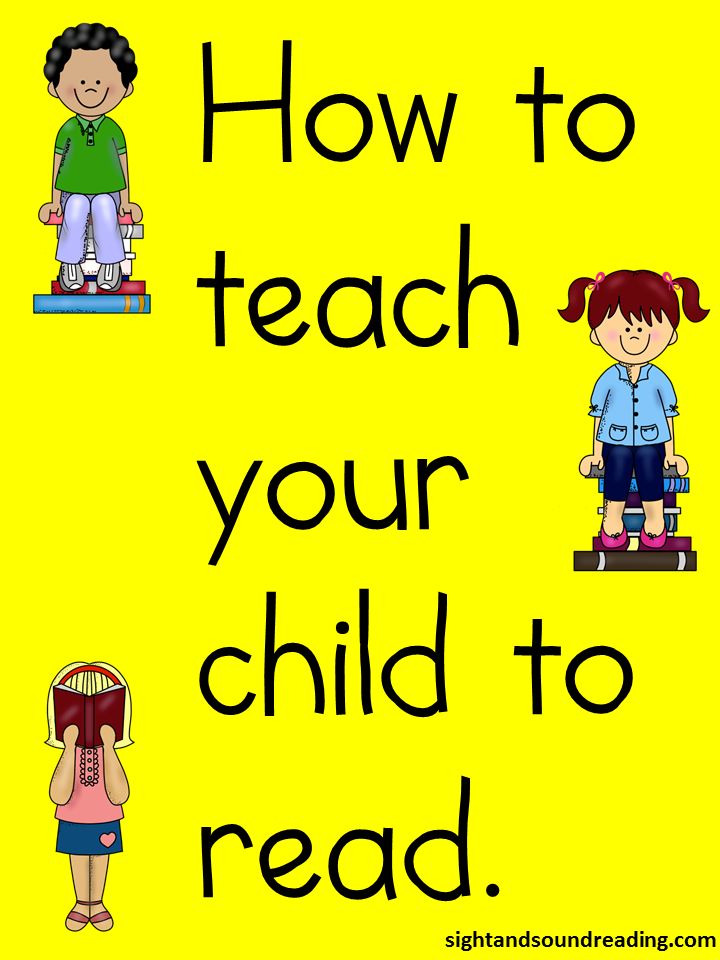 In my experience, this is not always the case. I worked with children who, even before they met me, listened to and loved French songs, saw French cartoons, heard about Disneyland in Paris, or even went there.
In my experience, this is not always the case. I worked with children who, even before they met me, listened to and loved French songs, saw French cartoons, heard about Disneyland in Paris, or even went there.
French is not the most difficult language
There is an opinion that French is not easy, that not everyone will master it. I don't have any specific difficulties in teaching French to Russian children. The most difficult thing is to explain the two main French verbs: être - to be and avoir - to have, as well as articles and nasal sounds, but there are such "pitfalls" in English, which is considered relatively easy.
I have worked with children who have French as a second foreign language after English. If they had no problems with the verbs of being in the first foreign language, then they coped with the second one as well. Don't scare your child with "difficult" French, it's not like that at all.
By the way, about the simultaneous study of two foreign languages.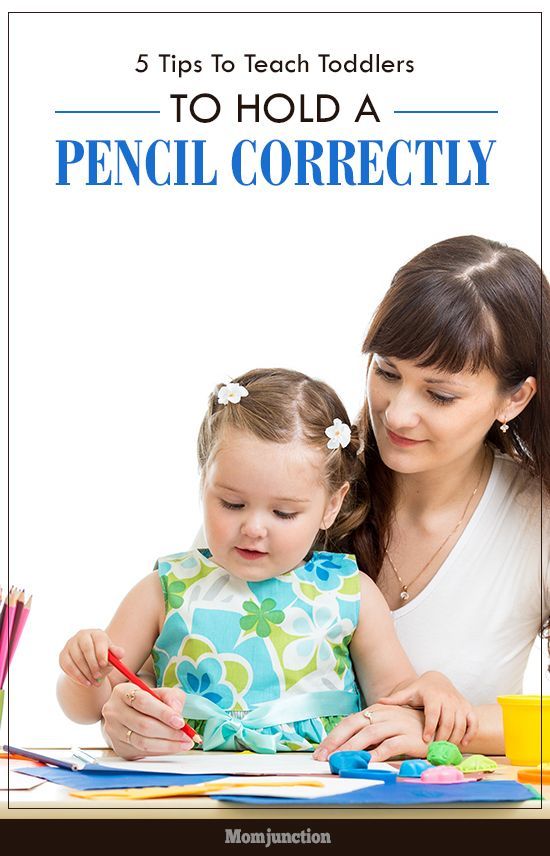 If they belong to the same group, for example, French and Spanish are Romance languages, then the child may be confused due to similar vocabulary. For example, the word jardin: it is "garden" in both Spanish and French, but this word is read differently depending on the language. And the child can get confused and pronounce it in Spanish in the flow of French speech. But this problem goes away on its own over time.
If they belong to the same group, for example, French and Spanish are Romance languages, then the child may be confused due to similar vocabulary. For example, the word jardin: it is "garden" in both Spanish and French, but this word is read differently depending on the language. And the child can get confused and pronounce it in Spanish in the flow of French speech. But this problem goes away on its own over time.
All ages are submissive to the language
My youngest student was two years old, and here I can definitely say: it's early! Such kids get tired quickly, forget quickly, it is hard for them to study the language diligently and systematically. But if classes do not stop after a year, but continue at a suitable rhythm, there is a chance that the baby will learn everything and speak French fluently.
I think it's much more important how much time a child is willing to devote to classes. I had a student with whom we studied for 18 hours a week for three years.
As a result, by the age of eight, she read, wrote and spoke French even better than Russian!
In my work, I prefer to purposefully teach grammar no earlier than five years old, and a child can learn the alphabet and phonetics even at four years old. If we diligently study with a child for at least two hours from Monday to Friday, or just 10 hours a week, then in three years he will definitely speak.
Be teachers at home
It is very important when the parents of the student help the teacher, and for this they themselves do not need to know French. At home, they can ask the child: “What is the name of what you eat for lunch in French? What color is your shirt? Tell me, what time is it?" Yes, they cannot control whether the answer is correct. But they will encourage the child to speak and think in French - this is the most important thing. Turn on French cartoons without translation, music for your child, help him find pen pals in French-speaking countries, in general, feed his interest in a new culture in every possible way.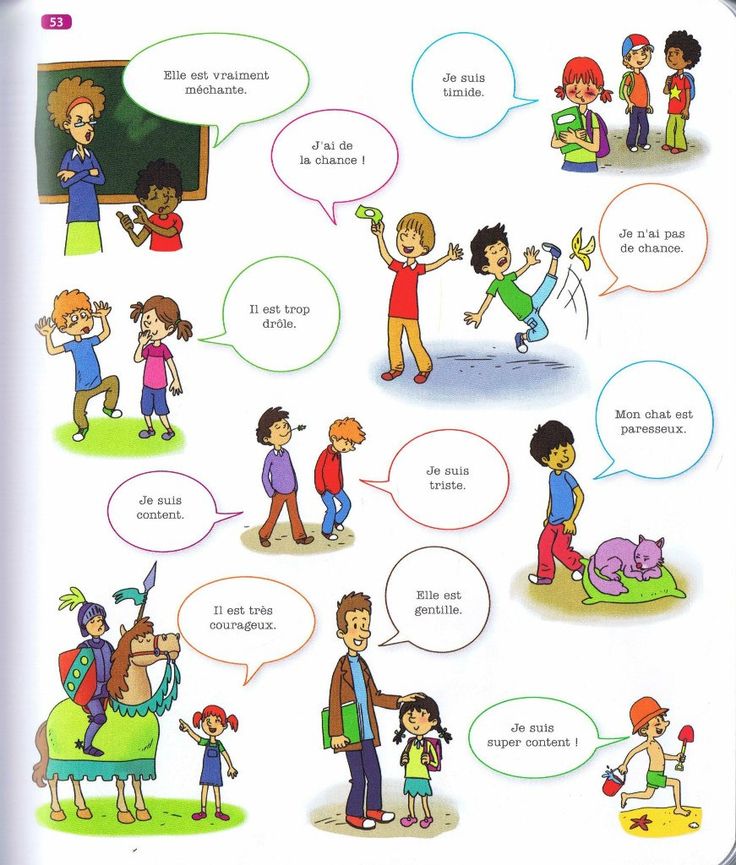
Play together! After all, it is an excellent teaching method. I like the Uno card game. It is good because each card has its own color and number, and you can ask the child to call them in French, ask him to describe his cards. You can play monopoly, commenting on all actions in French: "I got six points", "I skip a move."
Stimulate interest in all things French
You can stimulate this interest by showing your child what he loves in French. For example, I showed my students Star Wars in my native language. You can turn on classic and modern music with it: one of my students liked the Belgian singer Stromai, another child listened to Edith Piaf a lot. I also try to give children diverse tasks: for example, prepare a story about some French city for each lesson. So they not only learn to write in the language they are learning, but also broaden their horizons.
If a child likes French fairy tales, one day he will want to read them in the original.
Does your family love "Cinderella" by Charles Perrault and "The Little Prince" by Exupery? Offer the child these works without translation. In my classes, I do this: we read together a passage in Russian translation, and then the same text in the original language. But this option is more suitable for older children who are already in school.
I really like the various French festivals that are held in Moscow. These are the days of French cinema, the days of France at the embassy, and I advise you to come there with your children.
Immersion in a language environment is priceless
If you have the opportunity to send your child to a language camp abroad for at least a week, do it! I work a lot with children who are learning French in ordinary Russian schools. And these guys often make gross mistakes in grammar and pronunciation, use words that have long been absent from modern French. That is why I strongly recommend that you send your child abroad at the first opportunity so that he listened to a live language.
Such trips are priceless. First of all, the child enters the language environment and hears "real" French. He communicates with other people, with native speakers, and speaks himself. He sees with his own eyes that language is only a part of our culture, which he can touch here and now: architecture, cuisine, and so on.
Traveling like this makes it easy to make new friends, including French speakers. And the main thing is, in fact, not really studying, not constant tension: in the language camp, the child not only studies, but also actively rests, gets new impressions.
Anyone can speak
It often happens that a child understands a foreign speech, but cannot answer it himself. This does not mean that he does not know the language: the baby may simply be shy, afraid to make a mistake. I have one student who for a long time could not speak French, although, I know for sure, he understood everything. And one day, when we were playing Xbox, I noticed that he only comments in French: "I'm going left, you're going right!".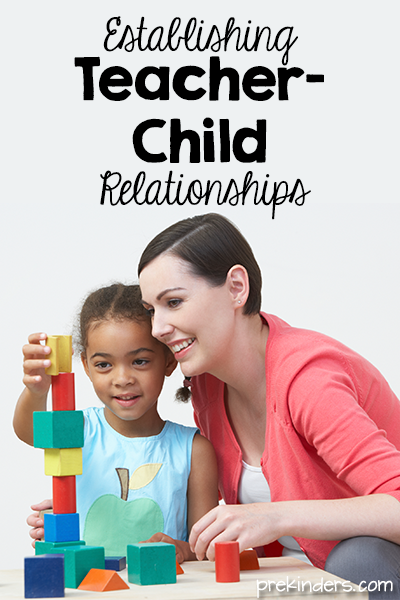 That is, for him the situation of the game turned out to be more comfortable than a regular lesson, and he stopped being shy at that moment.
That is, for him the situation of the game turned out to be more comfortable than a regular lesson, and he stopped being shy at that moment.
I don't believe there are kids who simply can't learn a foreign language. It's just that there are obstacles, psychological barriers on this path, and they must be overcome. How? We need to create situations where they need to talk, for example, ask questions, I have already talked about this. And I also advise parents to work to ensure that the child does not consider these activities to be something like his duty, that is, some kind of coercion, something boring that you just need to “sit out” a few hours a day. Ask the child what he did in class, what he liked best, what he learned new things. Praise him for the smallest steps in language learning!
Forced is not allowed
In my practice, there was not a single child who simply got bored and decided to quit classes. There were children who stopped learning French just because, due to various circumstances, their parents could not provide them with these lessons. I hope that the knowledge embedded in these boys and girls will someday be useful to them. But if I see that the child does not want to learn the language, I will definitely tell his parents. All the same, he will not work out at full strength, why force him?
I hope that the knowledge embedded in these boys and girls will someday be useful to them. But if I see that the child does not want to learn the language, I will definitely tell his parents. All the same, he will not work out at full strength, why force him?
It is not worth forcing children to learn a language if they are tired or simply do not want to. You can't do well what you don't need at all. In addition, the child may develop an aversion to this activity for many years.
Don't strive for perfection
I think the expression "to know the language perfectly" is wrong. It cannot be applied to any language, because even a native speaker cannot know it perfectly. Can you say to yourself that you know all the words of the Russian language, speak, write without the slightest mistakes?
Therefore, there is no need to set such a goal - it is unattainable. But the task is quite real to learn French in such a way that you can freely explain yourself, understand someone else's speech and be understood, read and write without problems.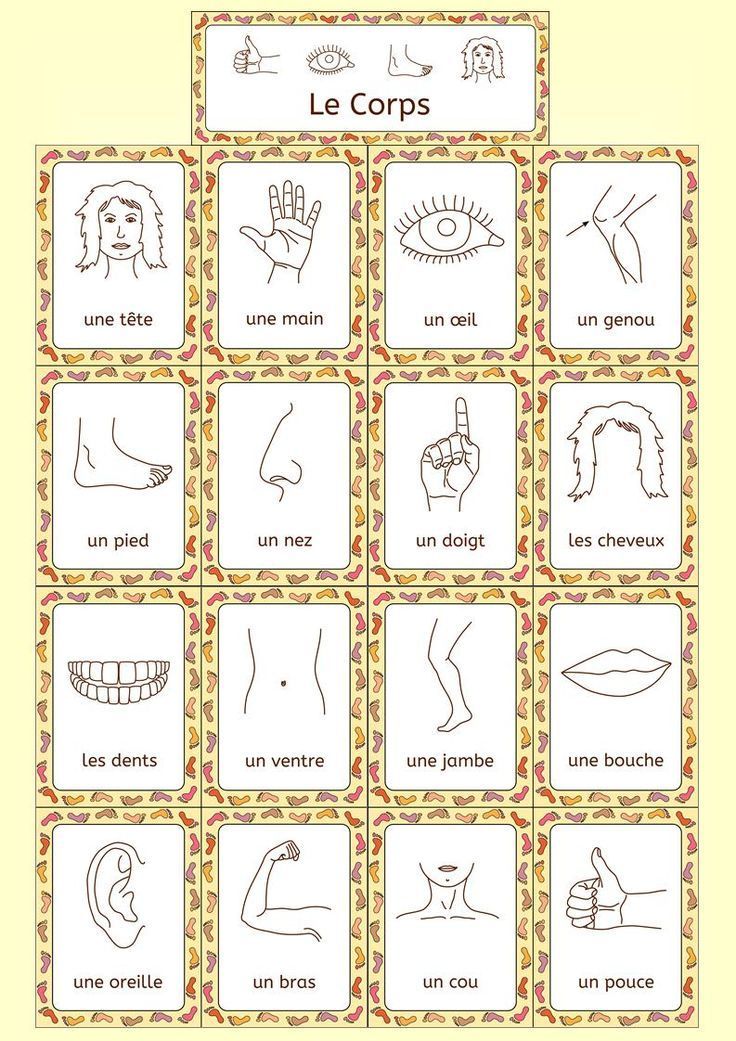 Ideally, learn to think in French. I, a Frenchman, can think in Russian - and your child will learn to think in my language!
Ideally, learn to think in French. I, a Frenchman, can think in Russian - and your child will learn to think in my language!
See also:
Personal experience: my daughter is studying in Switzerland
Personal experience: my son is studying in Belgium
What is the best age to start learning English
Contents
- Methods for learning French for children
- Games
- Method of projects
- Audio courses
- Books for learning French for children
- Cartoons in French
- How to teach French to three year olds?
- Learning from pictures
- Games
Methods of learning French for children
Games
Scientists say that children of school and preschool age remember foreign words the fastest in the game. At the same time, so much has been written about such games that a single classification still does not exist.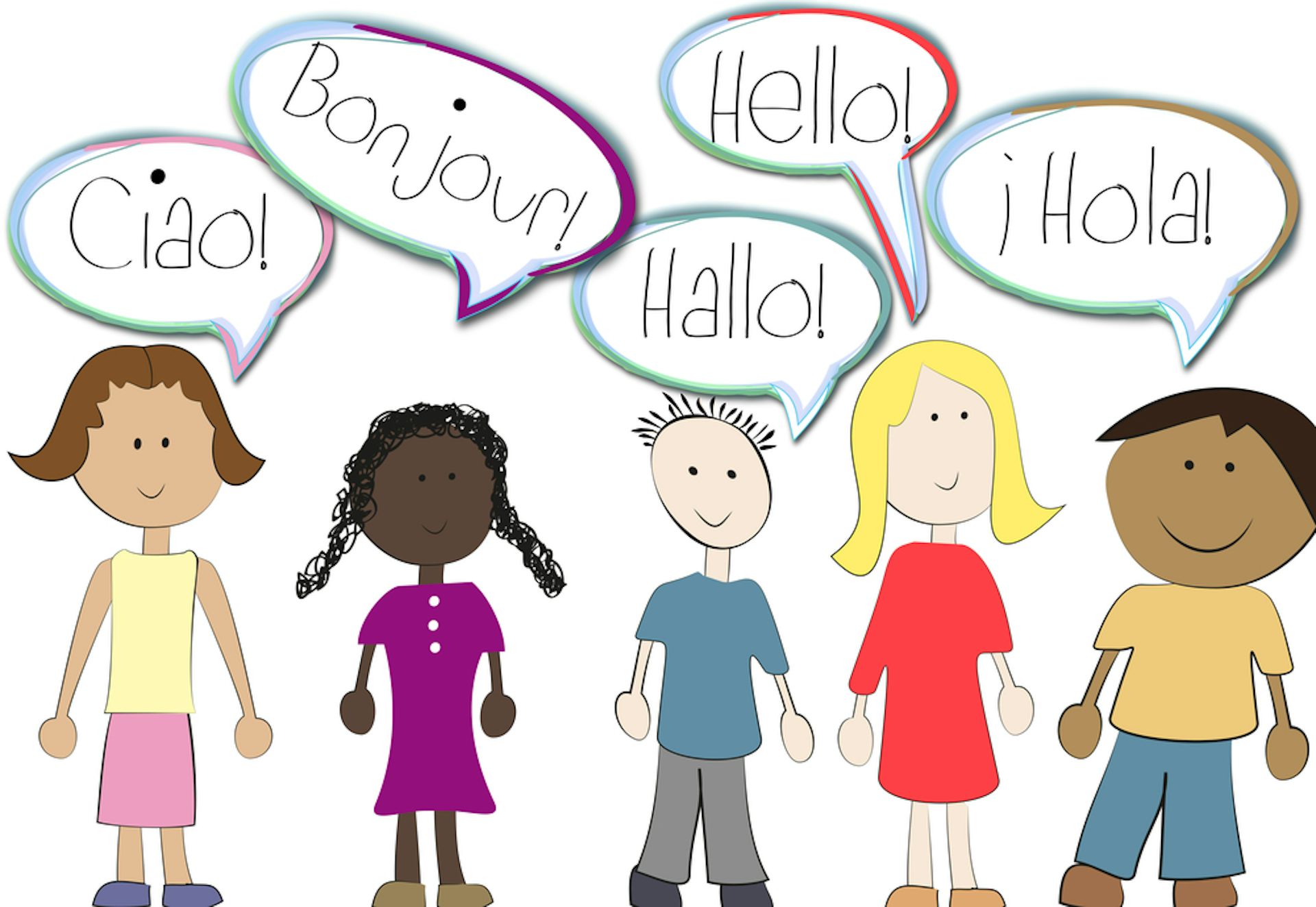 But the most famous educational categories of games are:
But the most famous educational categories of games are:
- Situational. This category includes role-playing games that simulate communication. In turn, they are divided into two types: games of a reproductive nature (children perceive the dialogue and apply it to a certain situation, play a scene based on it) and improvisational (require modification of various models).
- Competitive. Thanks to them, vocabulary and grammar are well absorbed. This category includes modern printed board games that require the performance of linguistic tasks and crossword puzzles.
Project method
This method involves the independent work of children who perform a specific task (project). So, for example, prepare an excursion about a country, using an economic and geographical description. Please note that thanks to this method, children significantly expand their vocabulary, develop memory, imagination and thinking.
Audio courses
Experts say that this method is best for children who already know a little French.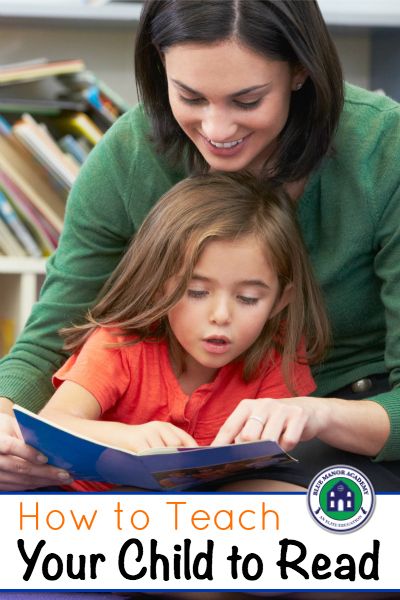 Indeed, otherwise the child will be bored listening to the recording and he will very soon lose interest in learning a foreign language. Remember, thanks to these activities, you can significantly increase your vocabulary, improve your memory and learn the correct pronunciation.
Indeed, otherwise the child will be bored listening to the recording and he will very soon lose interest in learning a foreign language. Remember, thanks to these activities, you can significantly increase your vocabulary, improve your memory and learn the correct pronunciation.
Popular audio courses for learning French for children:
- Not serious lessons. French. Step 1-3;
- Baba Yaga for distant lands. Let's start learning French.
Books for learning French for children
The main requirement for books that a child will use to learn French is colorful and large drawings. These are books such as:
- Chupina T.V. "My first 1000 French words with Disney characters". — 2011;
- Monko M.M. "French for Children". – 1995;
— Zimina M.S., Ivanov Yu.A. "French for Children: A Book to Read with Questions and Tasks" - 2001;
– Korchagina T.V. "Your friend is French." – 2001;
— Hook O.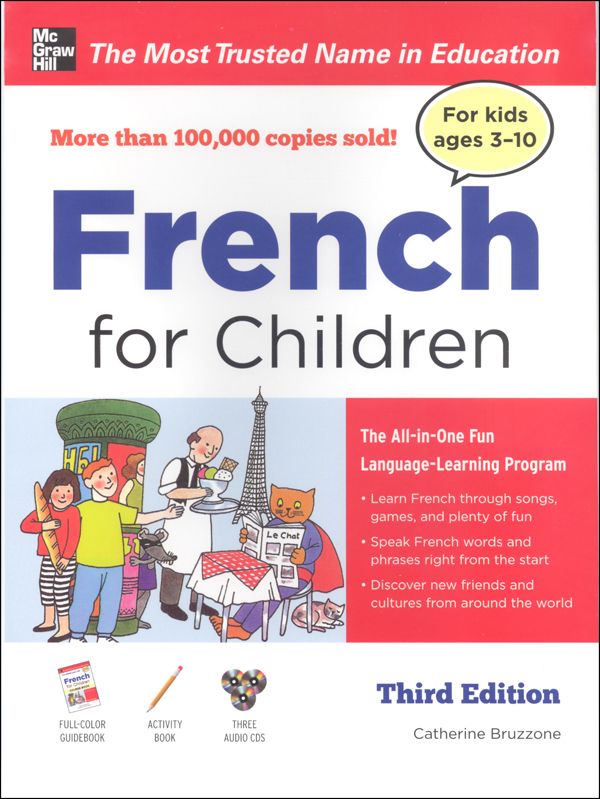 V. ABC for kids in French.
V. ABC for kids in French.
Cartoons in French
Practice shows that foreign cartoons are a great help in learning French. But they must be translated. In this case, it is best that such a translation is not voiced, but written at the bottom of the screen (subtitles). The most popular cartoons with which you can learn French are: “French with Jacques”, “Harry and his fish”.
How to teach French to three-year-olds?
Very many parents begin to teach their child French as soon as they begin to pronounce the words in their native language well. Psychologists say that from 3 to 9 years old it is very easy for a child to learn a foreign language and they advise not to waste time in vain. So, let's see what methods exist for teaching French to three-year-olds.
Picture learning
These lessons must be colorful and musical. You need to study no more than 3-4 words a day. You can download videos with such voiced pictures on the Web or view them online.